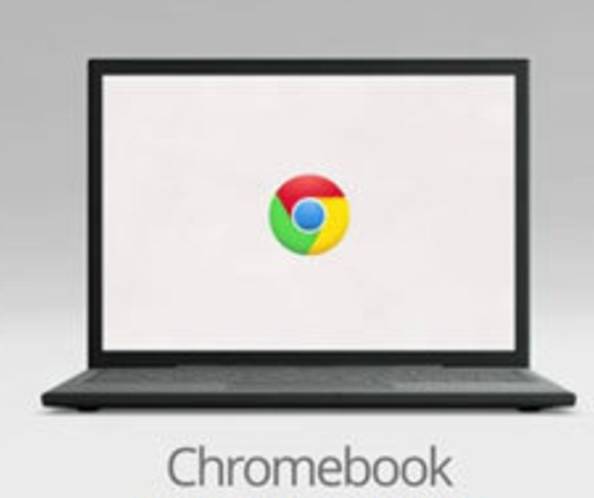Several years ago I bought a netbook. At the time, there was no iPad, there most certainly was no such thing as a Chromebook. There may have been the first iPhone, although I do not recall for certain.
I liked my netbook. It was underpowered compared to other computers around, and certainly compared to other computers and laptops that I owned. However, it was the smallest and lightest computer I owned. Instead of requiring its own laptop bag (and accompanying power supply), I just slipped it into my regular message bag with my usual documents and notebooks. The idea was that I had a computer for “just in case” there was time or need, or that I had one for a short period of time, usually in between other things. It was also so inexpensive that it was practically disposable. In short, a netbook was a perfect on the go, computer. We used it for years until the power supply finally stopped working.
Microsoft Destroys Netbook Market
Just as the netbook market was gaining its footing, Microsoft killed it, in hopes of saving its reviled Windows Vista operating system. At first, netbooks started by using Linux based operating systems. Customers didn’t like this, so Windows was a logical solution. However, Microsoft’s Windows Vista OS was too big, too slow, and too bloated to run on the limited hardware of cheap, small netbooks. Windows XP worked fine, but Microsoft wanted people to stop buying Windows XP and start buying Windows Vista.
Nothing destroys a company faster than when it focuses on making customers do what the company wants instead of focusing on the company doing what customers want. Instead of allowing customers to buy Windows XP like they wanted and working harder on making Vista better, Microsoft simply ended XP sales. Eventually, however, not even Microsoft could pretend that Vista would run acceptably on a netbook, so they allowed XP to be installed on them. However, they knew that people would rush through that loophole to get what they wanted. Microsoft didn’t want companies making netbooks with XP instead of laptops with Vista, so they set licensing restrictions that crippled the netbook market.
Microsoft decreed that Windows XP could not be installed on anything with more than 2GB of RAM and limited the screen size of netbooks as well. In doing so, Microsoft made it impossible for manufacturers to try and improve and build what a fast moving customer market wanted. Instead, all netbooks were the same, and they weren’t getting any better.
Fast forward a few years, and Apple released the iPad. The iPad did almost everything a netbook did. It browsed the web, it played movies and music, it even had a camera. On top of that, it was just as small and light as a netbook.
The iPad was missing one critical feature: a keyboard. I myself denounced the iPad as unsuitable for writers, compared to a netbook, because there was no physical keyboard. No matter how accurate your digital keyboard is, you can’t touch-type without, well… touch.
The netbook could have been a strong competitor to iPads. Manufacturers could have taken advantage of Apple’s one-size fits all approach just like they do today with cell phones, offering netbooks that were bigger, faster, more powerful, more memory, more hard drive space, and so on. In fact, today larger screens have drawn away once loyal iPhone fans. Larger netbook screens might have done the same, but Microsoft wouldn’t allow it. As a result, netbooks died, and the next generation of portable computing belonged to Apple.
In order to force Vista down user’s throat, the company had cut off its nose, to spite its face, and Apple picked up all of the pieces.
Microsoft Afraid of Chromebooks?
And here, is where the story takes an ironic, or karmic, twist. Years after netbooks disappeared, and years after Windows Vista disappeared, Google released a new, cheap, lightweight, easy to carry, low-power computing device called a Chromebook. A Chromebook is like a netbook in so many ways, except for one very big difference. A Chromebook runs Google Chrome operating system instead of Microsoft Windows. Instead of releasing Chromebook into a mature, robust, netbook market asking why would we use a Chromebook when a netbook already does all of that, customers looking for something that does what an iPad does, but with a keyboard and a lower price tag don’t even remember the word netbook, but they are starting to know the name Chromebook.

A recent CNN article suggests that the small, but growing, market of Chromebooks has Microsoft worried. You can bet Google won’t make the same mistake Microsoft did. Instead, you’ll see all manner of innovation, from larger screens to better graphics, to who knows what else. And, it will have a keyboard, and maybe more memory, and more…
In trying to force its failed Windows Vista OS on consumers a decade ago, Microsoft may have written itself out of the future of ultra-portable computing for good. Instead of a crowded marketplace of low cost, low power netbooks, Google found a vacuum, and it is filling it.